By Ross Moyo
During the just ended Southern African Development Community (SADC) Heads of State Summit held in Mount Hampden, Parliament Building in the Harare outskirts, Angolan president João Lourenço had some good news about the DRC crisis.
The Angolan President briefed other Heads of States that as the facilitator of the Luanda Peace Process, ahead of the Summit, he met with Rwandan President Paul Kagame and DRC’s Felix Tshisekedi separately within the same week.
João Lourenço told SADC that he was expecting talks between the two governments to go ahead today 20 August, after the two leaders were presented with a peace plan to study.
“Angola, as a mediator, has submitted to Rwanda and the RDC a draft peace agreement that is being examined by both countries and will be discussed and negotiated between the ministerial delegations of the DRC and Rwanda on 20 August,” he said.
According to the Angolan Leader, SADC Mission in DRC (SAMIDRC), consisting of South Africa, Tanzania and Malawi, is engaged in battle in eastern DRC alongside the Congolese national army against M23 rebels believed to be funded by Rwanda.
Lourenço on behalf of the bloc said SADC was grateful for the support from the African Union Peace and Security Council, and the United Nations Security Council for,
“various options to support the SAMIDRC”.
United Nations Security Council early this month voted to grant logistical and technical support to SAMIDRC despite Rwanda’s objections, arguing that the decision could spark a regional war in the Great Lakes and Southern Africa.
Meanwhile Zimbabwe’s President Dr Emmerson Mnangagwa is the new SADC chairman of the annual and rotational post and will, this time next year, hand over the chairmanship to Madagascar’s Andry Rajoelina.
Samia Suluhu Hassan, the Tanzanian President took over leadership of the Organ on Politics, Defence and Security Cooperation from Hichilema while Malawi is the troika’s new member while Zambia stays because it’s the outgoing chair.
This is despite SADC meetings having been under way in Harare whilst jailed activists and critics continued to languish in prison.

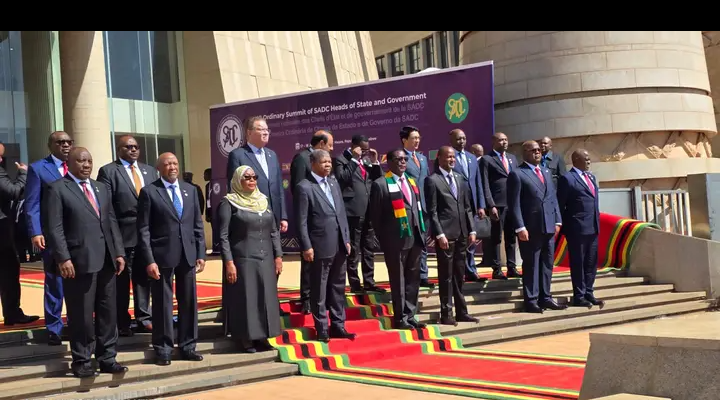
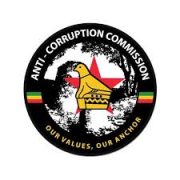

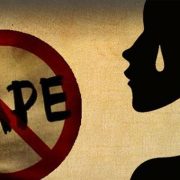

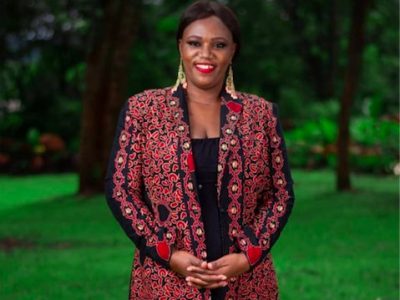

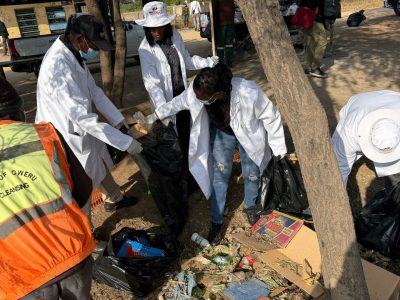
Comments